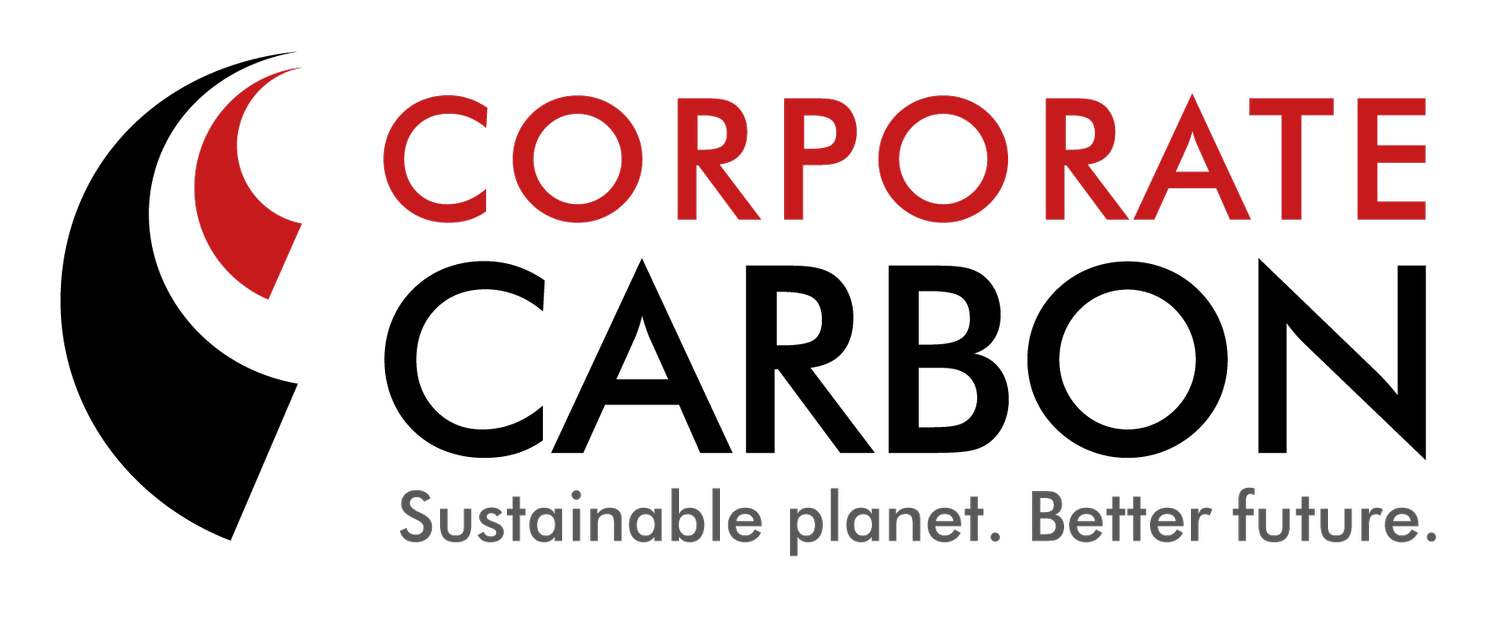Supporting integrity, transparency and carbon market evolution
Recent media articles from Nine Newspapers have raised important discussion on the integrity of Australia’s carbon market, in particular Human-Induced Regeneration (HIR) methods, and the Climate Active certification scheme. However, these reports present an incomplete picture of carbon removal projects.
As one of Australia’s leading carbon abatement developers, Corporate Carbon Group (CCG) welcomes public discussion on carbon markets. CCG is committed to delivering high-integrity carbon projects that support landholders, investors, and Australia’s climate goals through robust, science-backed outcomes.
Ensuring integrity and transparency in carbon projects
At CCG integrity is at the core of our approach. Our projects comply with the highest regulatory standards, undergo rigorous independent verification, and deliver measurable environmental and economic benefits. We work closely with landholders, Traditional Owners, and scientific experts to ensure our projects contribute to genuine carbon sequestration, biodiversity enhancement, and regional prosperity.
Addressing concerns around HIR projects
CCG recognises the importance of continuous improvement in carbon sequestration methodologies to maintain market integrity and ensure that carbon credits represent genuine emissions reductions.
We welcome the fact the Clean Energy Regulator actively encourages and has already implemented greater transparency and stronger performance requirements for these projects.
A process of robust performance assurance through gateway checks introduced in recent years has strengthened the HIR methodology overall. This is a positive step toward strengthening the credibility of carbon credits, but we acknowledge the frustration some landholders are experiencing as their expected returns have changed due to updated methodology requirements. It’s worth noting the shortfall has been partly counteracted by higher ACCU prices.
The management of grazing is an effective tool in restoring environmental condition. We work closely with several cattle stations, which run its own beef herd, to ensure these projects are completed with high integrity and environmental benefit.
As necessary reforms move through the sector, it is crucial that:
● Service providers forecast as accurately as possible and work closely with landholders to ensure realistic expectations around ACCU issuance
● Contracts align with the Carbon Market Institute (CMI)’s Code of Conduct, ensuring they are fair, transparent, and not overly burdensome for landholders.
CCG remains committed to navigate ongoing improvements in methodology changes and ensuring carbon projects deliver measurable, long-term environmental and economic benefits.
Supporting a strong and evolving carbon market
CCG supports reforms that enhance transparency, improve market certainty, and ensure businesses can continue to engage in carbon markets in a meaningful way. By refining how businesses measure and reduce emissions, the sector can strengthen confidence in carbon markets while driving real climate action.
The decision by some companies to step away from re-registering for Climate Active carbon certification highlights broader challenges in carbon market policy and certification, not a fundamental failure of the ACCU Scheme. While businesses should absolutely seek out and demand high-quality, high-integrity carbon projects, our experience in the sector suggests that this is not the primary reason why companies are exiting Climate Active certification.
A national registry and carbon neutrality certification system must evolve to better accommodate businesses’ own mitigation efforts, rather than functioning solely as a reporting tool for emissions and offsets. As the market shifts - particularly with mandatory climate reporting coming into effect this year - it is critical that certification schemes keep pace with corporate needs, ensuring they remain relevant, adaptive, and effective.

